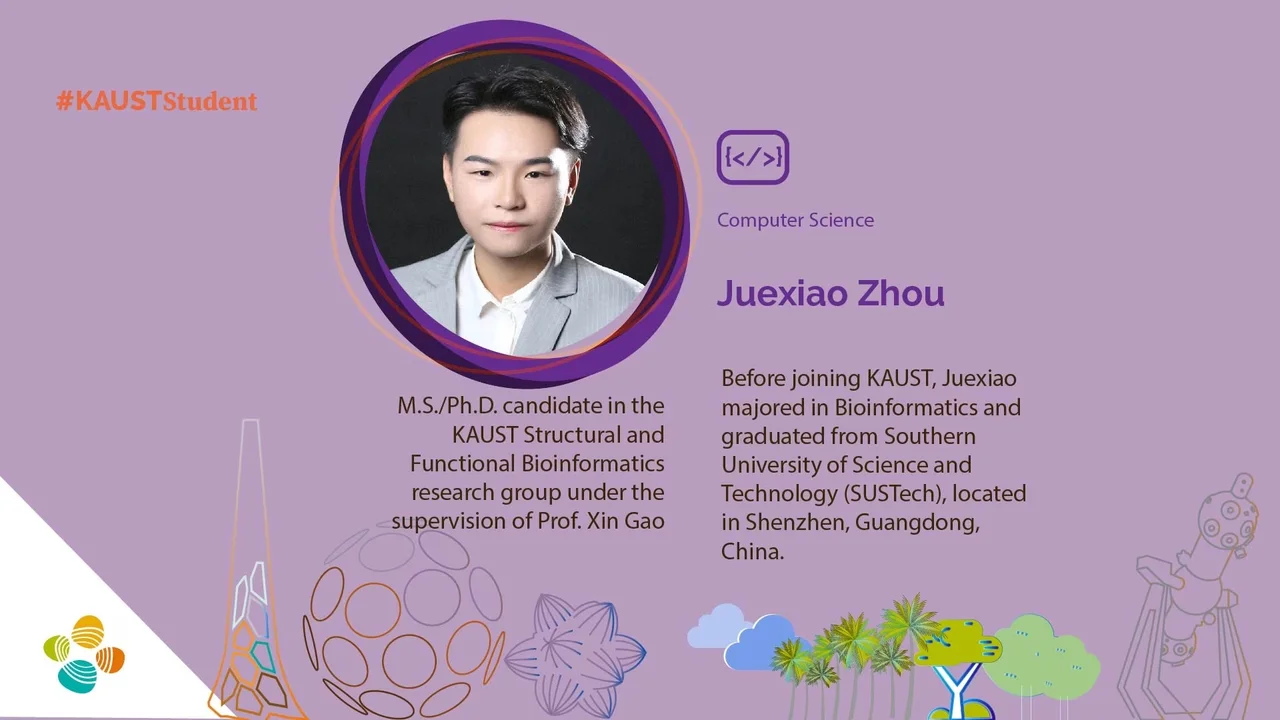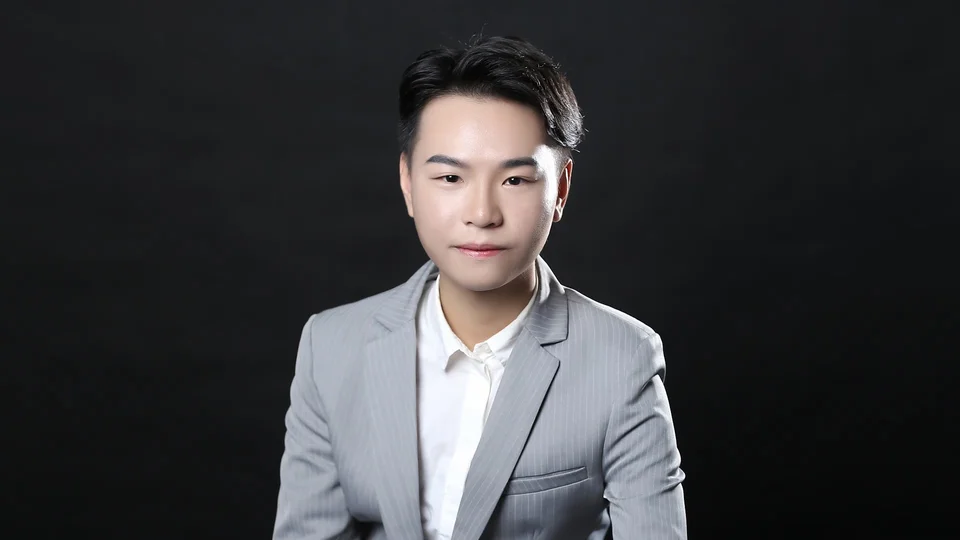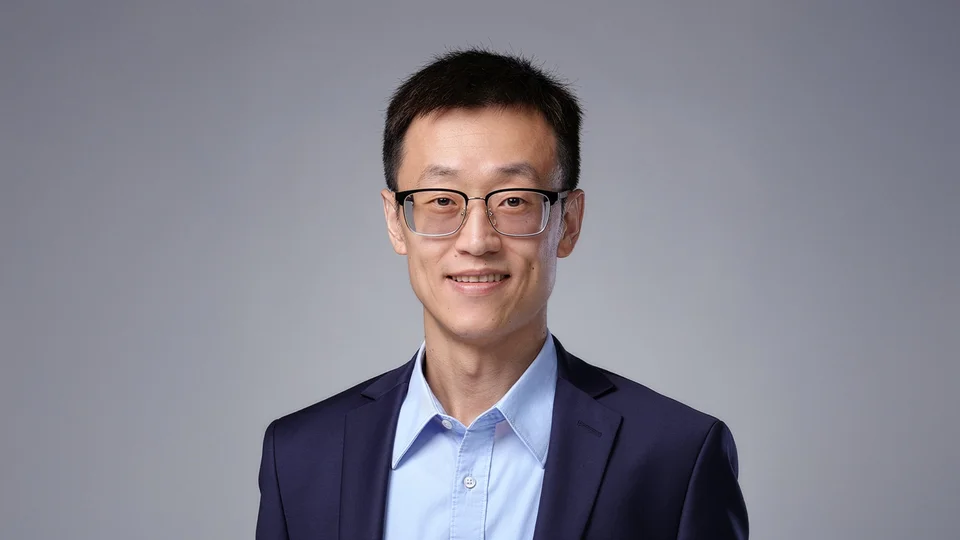
Meet KAUST prospective student: Juexiao Zhou
Juexiao Zhou is a 21-year-old graduate from Shenzhen, China, who will join KAUST in the fall of 2020 as an M.S./Ph.D. candidate and member of the KAUST Structural and Functional Bioinformatics research group under the supervision of Professor Xin Gao.
About
-By Taruna Rapaka
Juexiao Zhou is a 21-year-old graduate from Shenzhen, China, who will join KAUST in the fall of 2020 as an M.S./Ph.D. candidate and member of the KAUST Structural and Functional Bioinformatics research group under the supervision of Professor Xin Gao. Intrigued by “dreamscapes,” “lucid dreaming,” and the ability to control one’s dreams, Zhou is steadfast in his goal to “decode the human brain.” His desire to become a cognitive psychologist prompted him to study bioinformatics at the Southern University of Science and Technology (SUSTech), and in turn, computer science at KAUST.
He first came to KAUST as a visiting student in 2019, and instantly enjoyed the research environment found on campus. During his visit, his time spent working with Gao cemented Zhou’s future move to KAUST.
Why have you chosen to study M.S./Ph.D. at KAUST?
I researched at KAUST as a visiting student in 2019 and enjoyed the atmosphere and research environment here. During my visit, I worked with Professor Xin Gao; working with Xin cemented my move to KAUST instead of going to a more established university in North America or Europe. Both KAUST and SUSTech are extremely young universities, with bright futures. Therefore, I chose to study M.S./Ph.D. at KAUST.
What are your research interests? When sparked your interest in computer science?
My research focuses on interdisciplinary subjects, including biology and computer science. At SUSTech, I worked on RNA regulation, protein functions, biochemical pathways, and tumor reprogramming. My visit to KAUST inspired me to move towards the application of deep learning in biology and medical imaging. Once I complete my Ph.D. at KAUST, I would like to become involved in cognitive neuroscience and brain science. My thirst for understanding means I consume many types of literature, including “The Interpretation of Dreams” by Sigmund Freud, and the movie Inception. Both pieces stimulated my curiosity about how the brain works. The dream-related device in Inception inspired my interest in computer science. As a middle school and high school student, I wanted to understand the principles behind human emotions, memories, and dreams. All these factors fueled my initial mission to become a brain scientist. However, the reality is we humans still lack the methods to understand our brains.
What is your future outlook? Who will be your supervisor at KAUST?
During the coming years of my Ph.D., I will keep working in the field of computer science. Guided by Professor Xin Gao, I will try to strengthen my abilities and doing my best to publish more highly-impactful papers. Subsequently, I would like to expand my knowledge of computer science into brain science research.
What are your hobbies? What are you passionate about?
I like to travel and explore the unknown, so I often go to different countries to experience diverse cultures. During my travels, I particularly enjoy taking photos and recording videos, so I can share what I experienced with others. Simultaneously, traveling helps me to know myself and see the infinite possibilities of life. This enthusiasm also infects my works in scientific research, so that the difficulties of scientific research no longer daunt me. In my spare time, my favorite activities are reading, fitness, and cooking. Sometimes after doing tiring scientific research work, I like to immerse myself in the world of literature to relax. I also spend some of my spare time in the gym, because I think a healthy body is the most important foundation for scientific research. I enjoy cooking because delicious food always brings me satisfaction and happiness.
Can you give a piece of advice to students who plan to pursue a Master/Ph.D. at KAUST?
KAUST has abundant scientific research resources, so be sure to make good use of these resources, because they will bring significant benefits and strategic advantages to your scientific research work. And remember your goals and stay enthusiastic.

